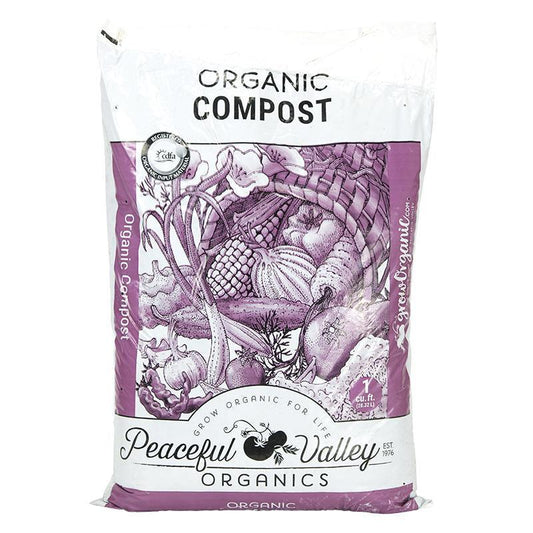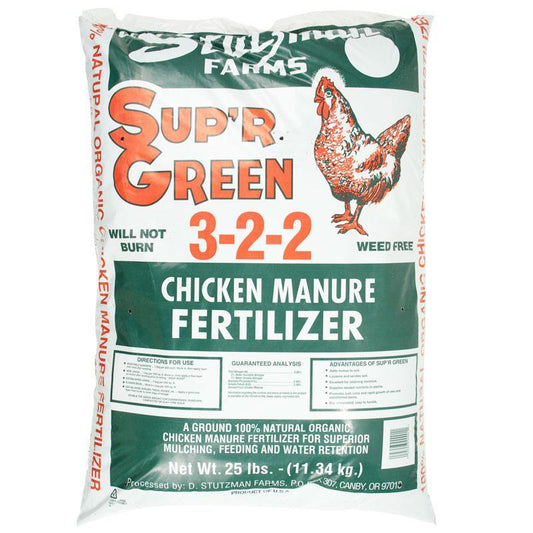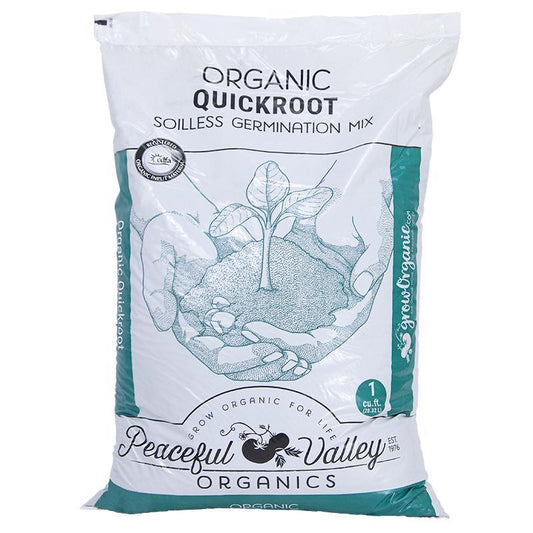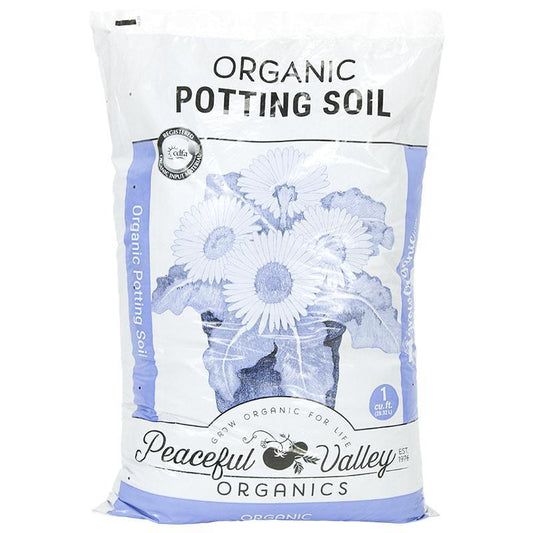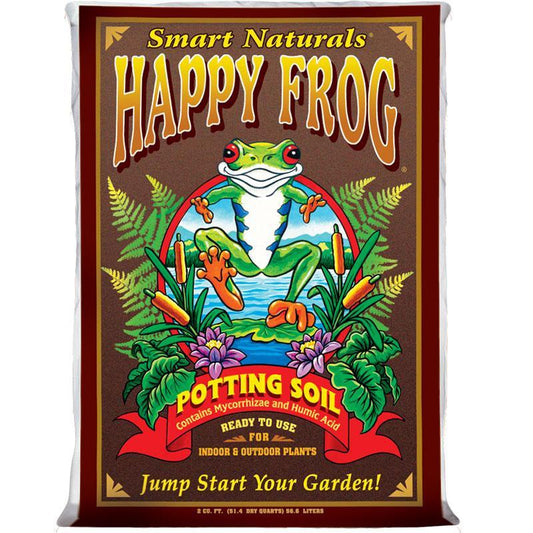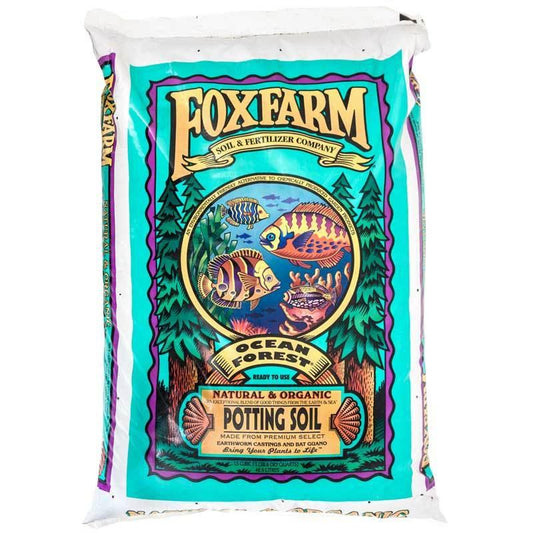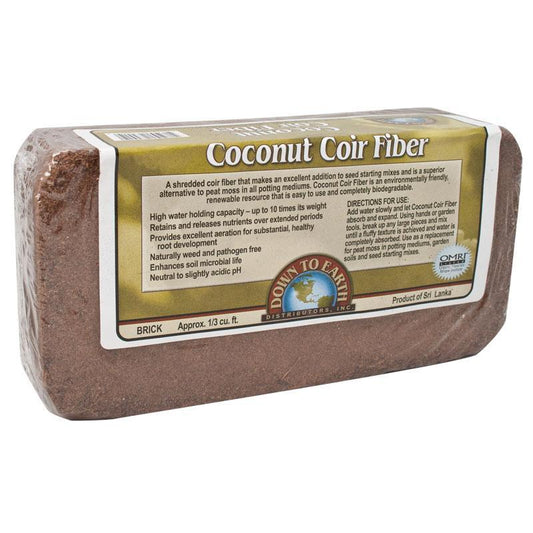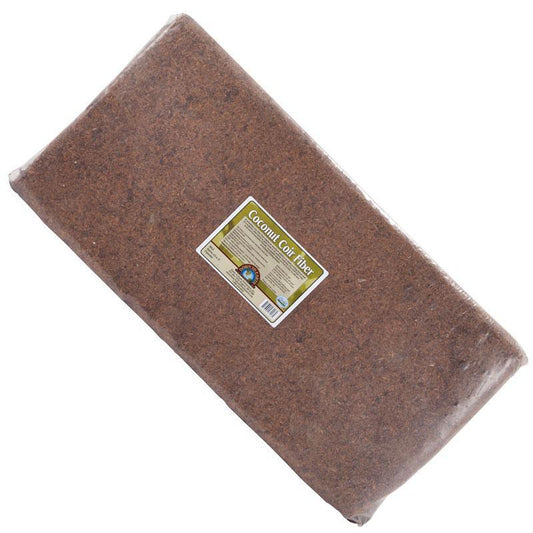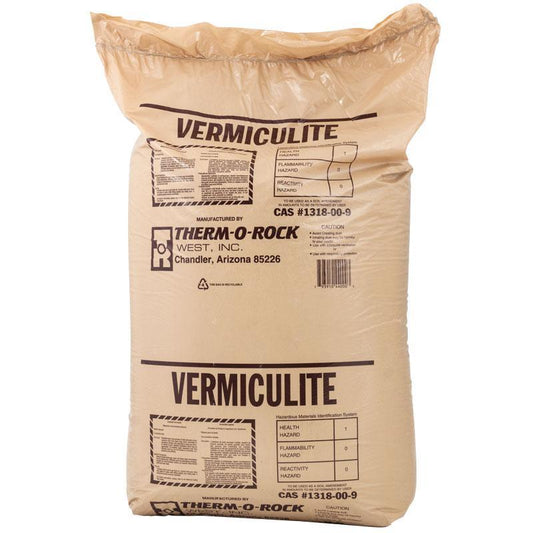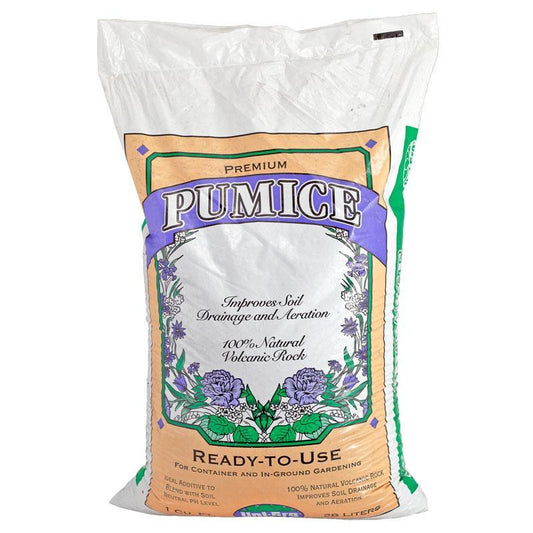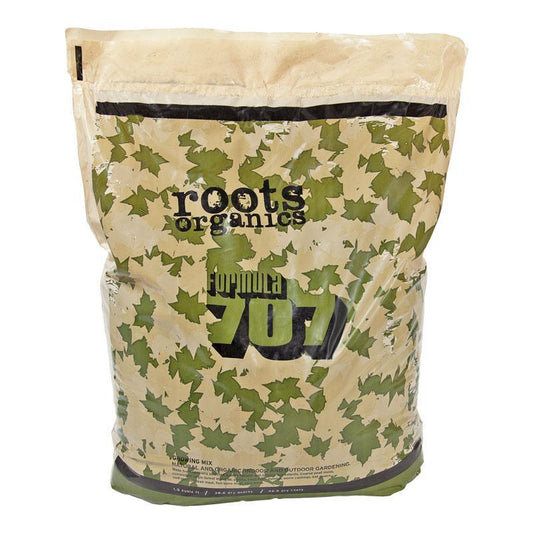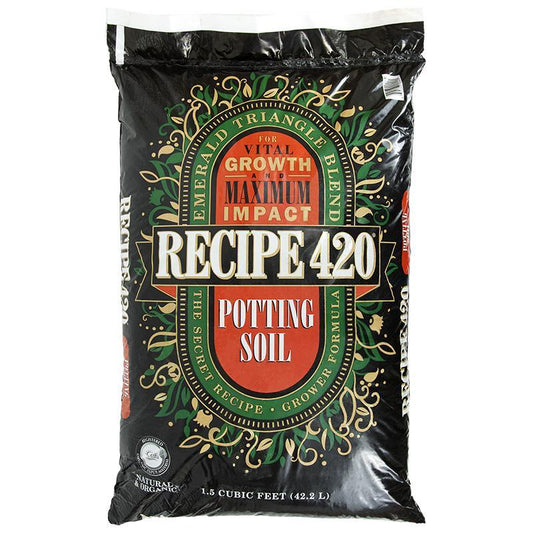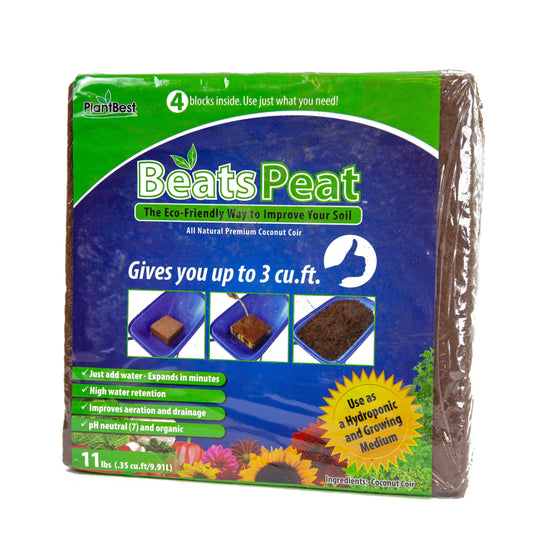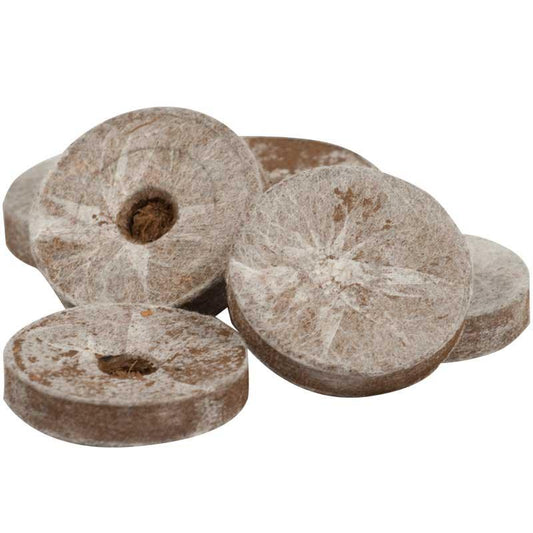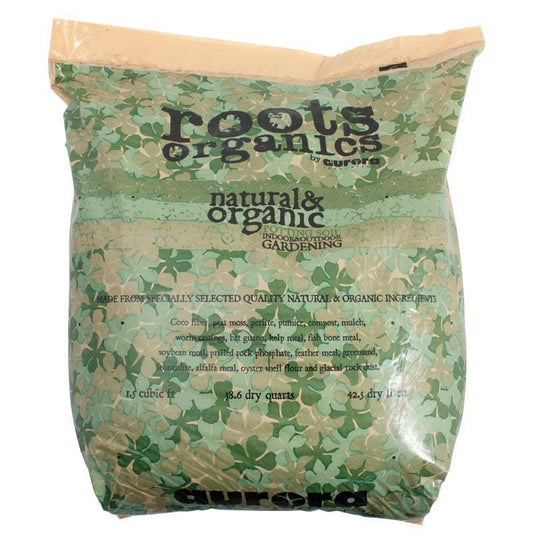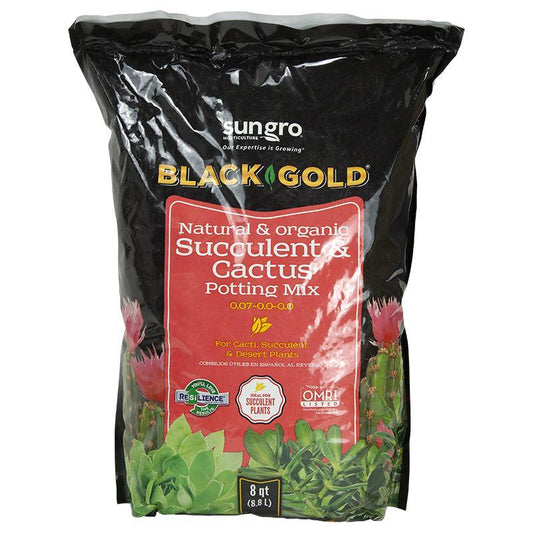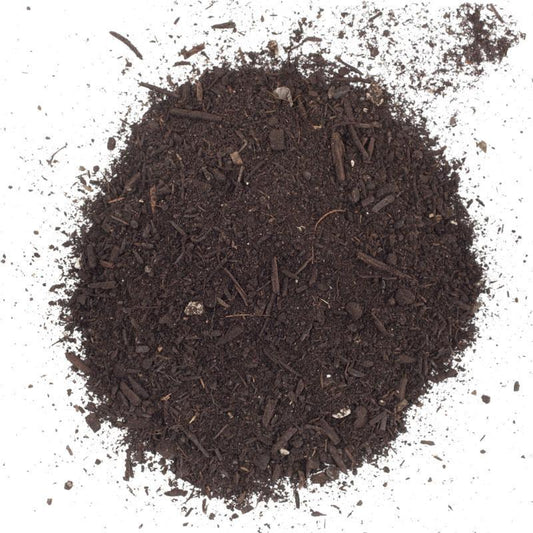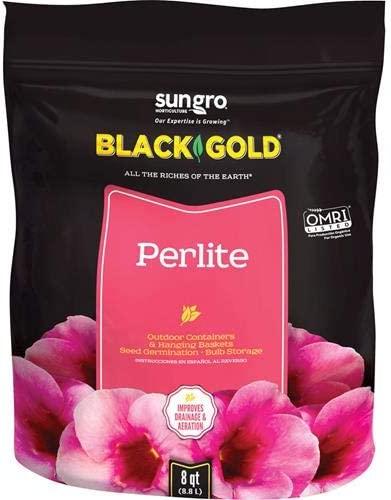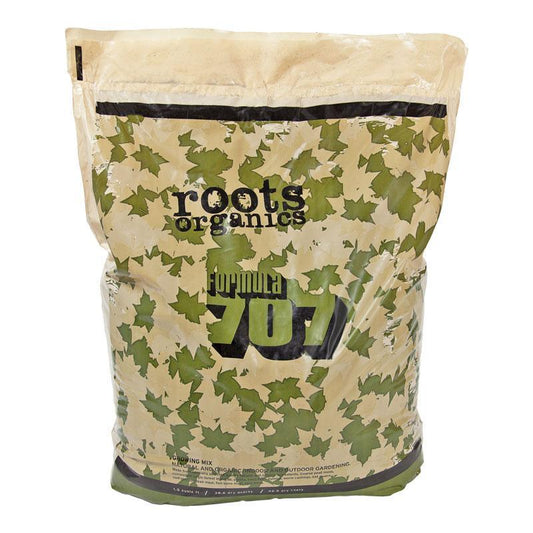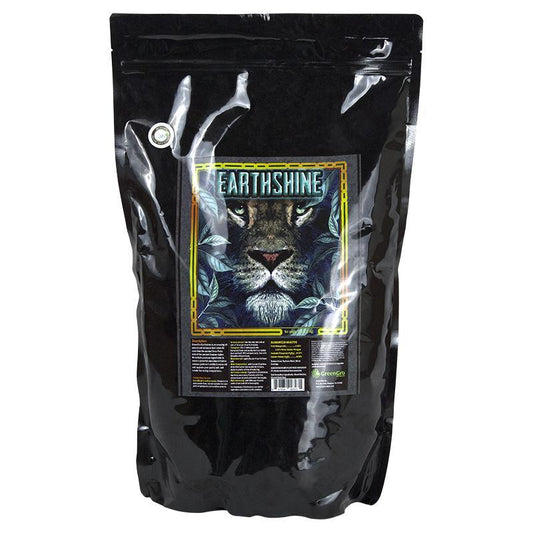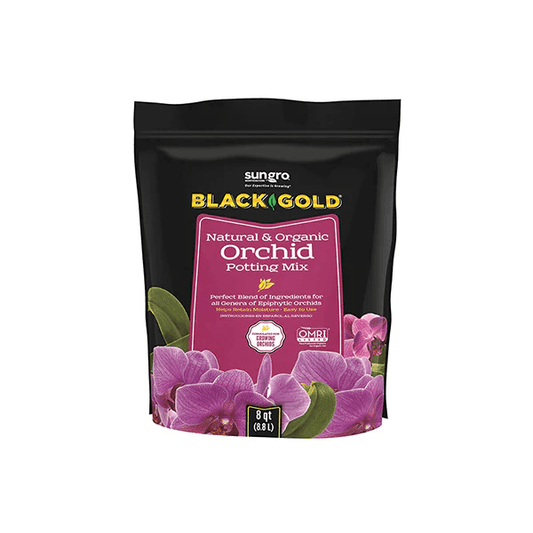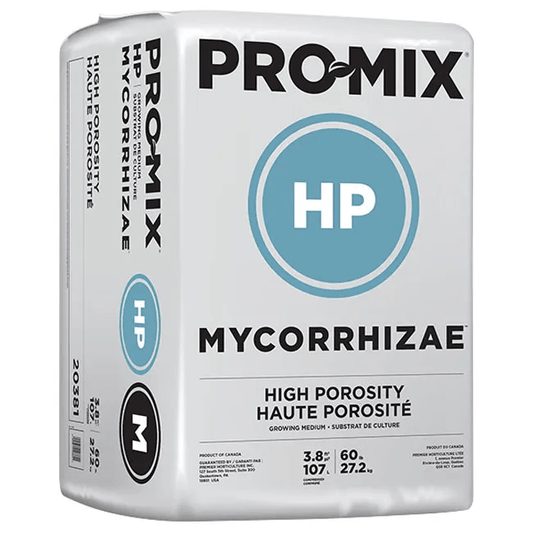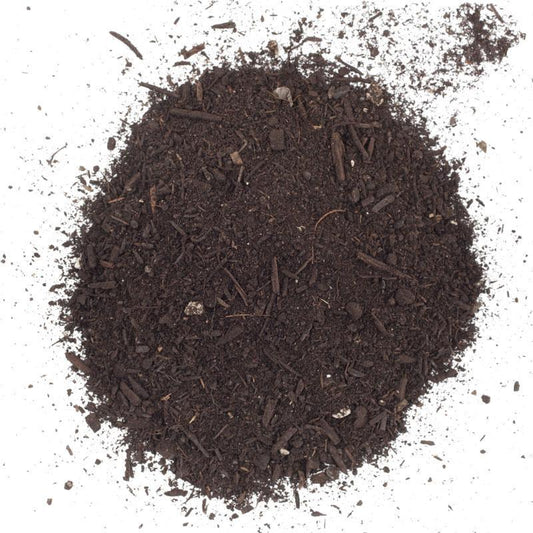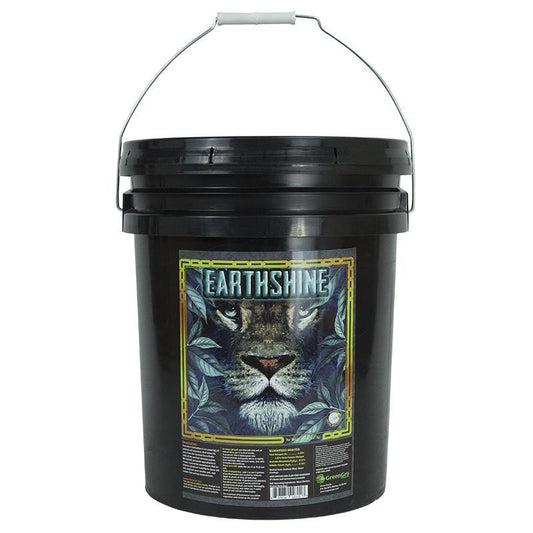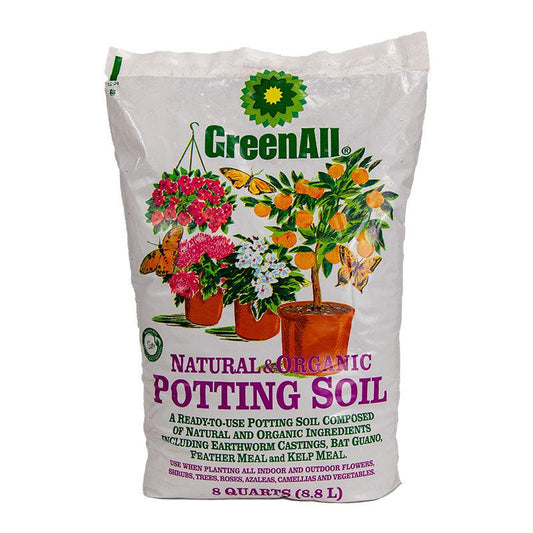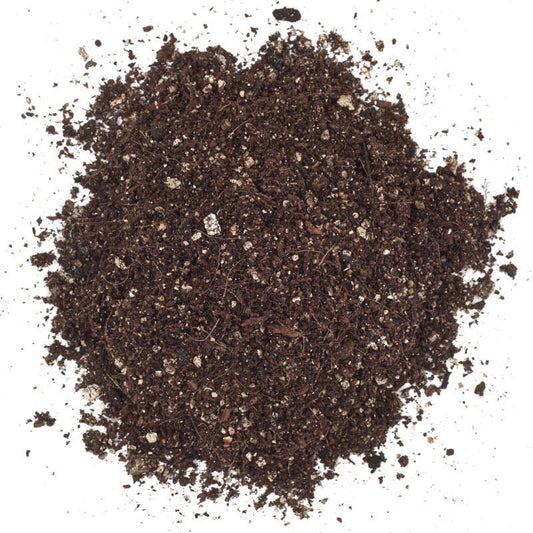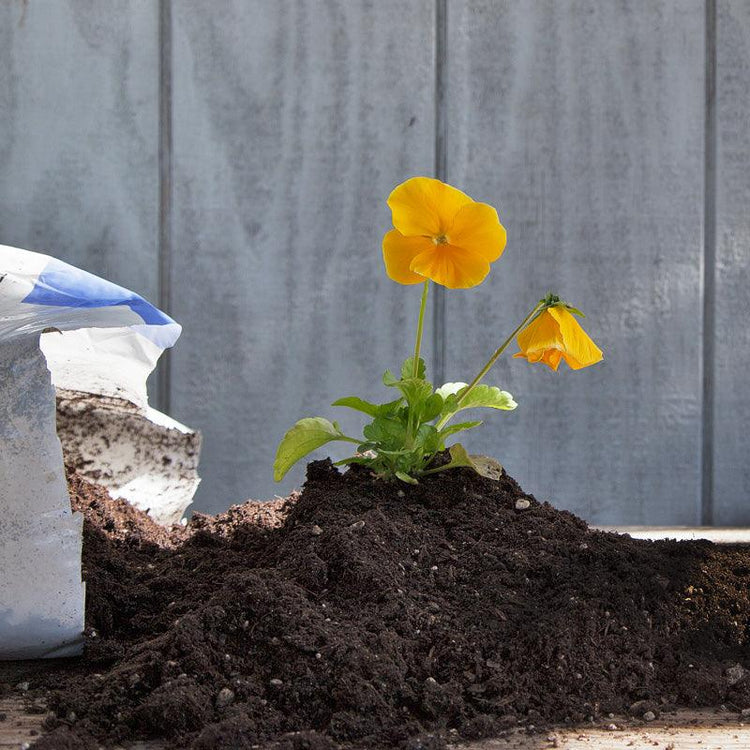-
Sale
Peaceful Valley Organic Compost (1 Cu Ft)
Regular price $6.99Regular priceUnit price per$8.99Sale $6.99Sale -
Sale
Sup'R Green Organic Chicken Manure (Composted) (25 lb)
Regular price $6.99Regular priceUnit price per$8.99Sale $6.99Sale -
Sale
Peaceful Valley Quickroot (1 Cu Ft)
Regular price $16.99Regular priceUnit price per$17.49Sale $16.99Sale -
Peaceful Valley Organic Potting Soil (1 Cu Ft)
Regular price $14.99Regular priceUnit price per$11.99Sale $14.99 -
Happy Frog Potting Soil from FoxFarm (2 Cu Ft)
Regular price $24.99Regular priceUnit price per$15.49Sale $24.99 -
Foxfarm Ocean Forest Potting Soil (1.5 Cu Ft)
Regular price $19.99Regular priceUnit price per$12.99Sale $19.99 -
Coco Peat (700 g Brick)
Regular price $4.99Regular priceUnit price per$4.99Sale $4.99 -
Sale
-
Perlite (4 Cu Ft)
Regular price $32.99Regular priceUnit price per$32.99Sale $32.99 -
Sale
Vermiculite (3.5 Cu Ft Bag)
Regular price $79.99Regular priceUnit price per$89.99Sale $79.99Sale -
Sale
-
Roots Organics Formula 707 (3 Cu Ft)
Regular price $32.99Regular priceUnit price per$29.49Sale $32.99 -
EB Stone Recipe 420 Original Potting Soil (1.5 cu ft)
Regular price $18.99Regular priceUnit price per$16.99Sale $18.99 -
Sale
-
Sale
-
Roots Organics Potting Soil (1.5 Cu Ft)
Regular price $21.99Regular priceUnit price per$19.99Sale $21.99 -
Sale
Black Gold Succulent and Cactus Mix (8 qt)
Regular price $10.99Regular priceUnit price per$13.99Sale $10.99Sale -
Sale
Peaceful Valley Organic Compost Bulk (8 Cu Ft)
Regular price $37.99Regular priceUnit price per$69.99Sale $37.99Sale -
Black Gold Perlite (8 qt)
Regular price $10.99Regular priceUnit price per$10.99Sale $10.99 -
Roots Organics Formula 707 (1.5 Cu Ft)
Regular price $17.99Regular priceUnit price per$15.49Sale $17.99 -
Foxfarm Happy Frog Soil Conditioner (3 Cu Ft)
Regular price $31.99Regular priceUnit price per$16.99Sale $31.99 -
Black Gold Peat Moss (3 Cu Ft)
Regular price $40.99Regular priceUnit price per -
Sale
Earthshine Biochar Blend (5 lb)
Regular price $39.99Regular priceUnit price per$44.99Sale $39.99Sale -
Sale
-
Pro-Mix HP Mycorrhizae (3.8 cu ft)
Regular price $76.99Regular priceUnit price per$69.99Sale $76.99 -
Sale
Peaceful Valley Organic Compost (54 Cubic Ft Tote)
Regular price $278.99Regular priceUnit price per$349.00Sale $278.99Sale -
Catalyst Craft Compost
Regular price $24.99Regular priceUnit price per -
Sale
Earthshine Biochar Blend (30 lb)
Regular price $147.99Regular priceUnit price per$169.99Sale $147.99Sale -
Sale
Espoma Organic Peat Moss (8 qt)
Regular price $11.99Regular priceUnit price per$13.99Sale $11.99Qualifies for free shippingSale -
New
Green All Natural & Organic Potting Soil (8qt)
Regular price $6.99Regular priceUnit price per -
Sale
Espoma Organic Perlite (8 qt)
Regular price $12.99Regular priceUnit price per$15.99Sale $12.99Qualifies for free shippingSale -
Peaceful Valley QuickRoot (54 Cu Ft Tote)
Regular price $885.00Regular priceUnit price per$799.99Sale $885.00



